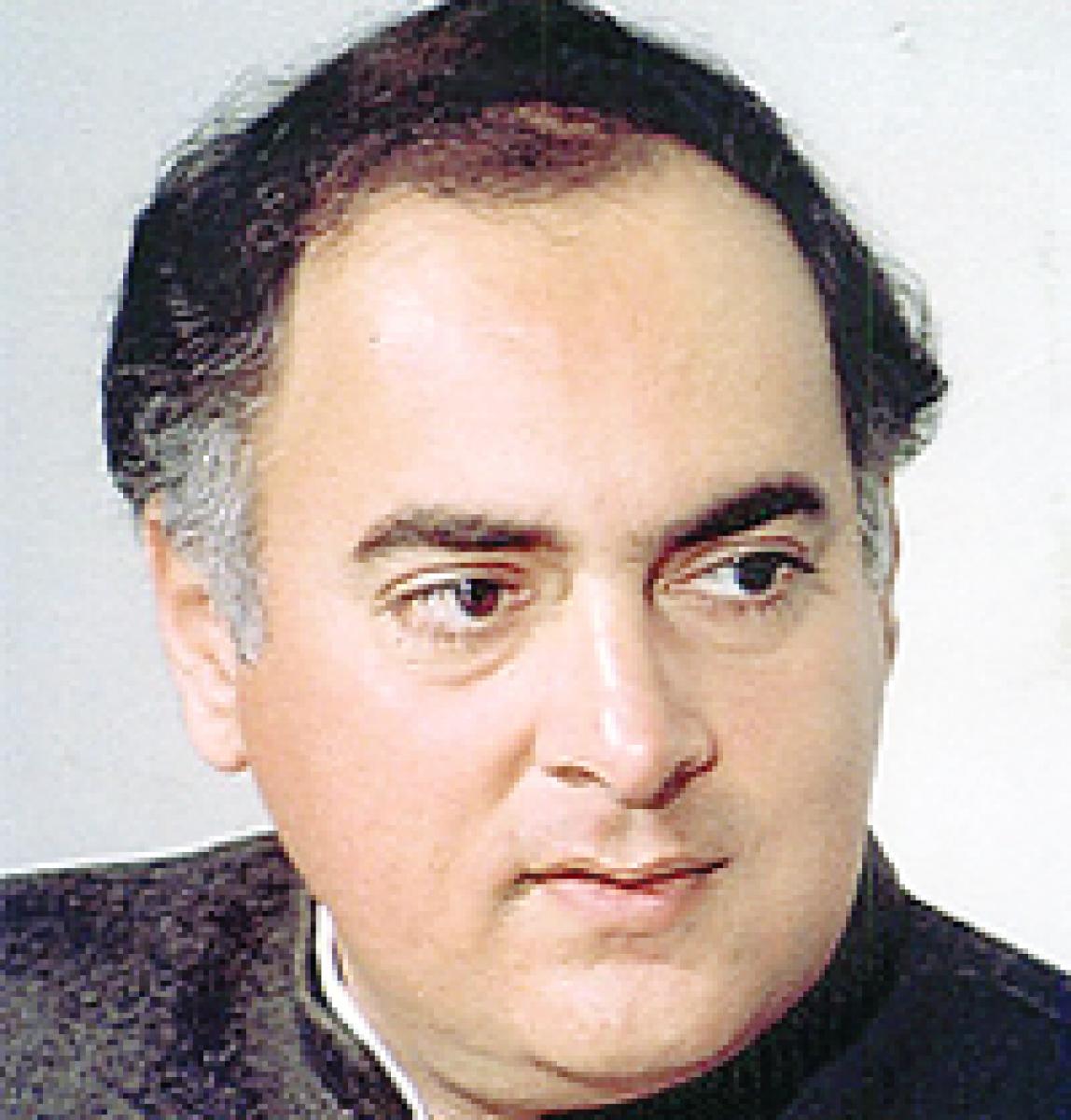Live
- WI vs Bangladesh Watch Controversial Banter Between Shakib and King
- EFLU Celebrates Bharatiya Bhasha Diwas
- Manchu Manoj Submits Bond of Rs. 1 Lakh to Rachakonda Commissioner
- Cuba denounces US 'theft' of Havana Club rum trademark
- Places of Worship Act: Mathura Shahi Eidgah mosque files intervention application in SC
- Violence erupts during 'Parbhani bandh'; MVA flays sacrilege to Ambedkar statue
- Addressing ethical challenges of AI, making social media accountable on fake news: Ashwini Vaishnaw
- Assam Congress to hold three-day review meeting to discuss bypoll debacle
- Indian pharma companies set to make further progress in US market in 2025: HSBC
- High Court Grants Relief to Mohan Babu, Orders Surveillance at Residence
Just In

SC Turns Down States\' Plea On Life Convicts. The Supreme Court on Wednesday refused to vacate its July 2014 order restraining all state governments from releasing life term convicts by exercising their remission powers as it rejected the plea by Tamil Nadu, West Bengal and others.
.jpg) New Delhi: The Supreme Court on Wednesday refused to vacate its July 2014 order restraining all state governments from releasing life term convicts by exercising their remission powers as it rejected the plea by Tamil Nadu, West Bengal and others.
New Delhi: The Supreme Court on Wednesday refused to vacate its July 2014 order restraining all state governments from releasing life term convicts by exercising their remission powers as it rejected the plea by Tamil Nadu, West Bengal and others.
The constitution bench comprising Chief Justice H.L.Dattu and Justice Fakkir Mohamed Ibrahim Kalifulla, Justice Pinaki Chandra Ghose, Justice Abhay Manohar Sapre and Justice Uday Umesh Lalit rejected the plea by these states and a few individual prisoners seeking the lifting of the stay on the grounds that many life term convicts are languishing in prisons even after completing 20 years.
It was suggested by counsel seeking the July 2014 interim order's vacation that the stay should be lifted in the cases investigated by the state police and should remain confined to the cases investigated by the CBI and under central laws.
Appearing for the convicts in Rajiv Gandhi assassination case, senior counsel Ram Jethmalani raised preliminary objections to the central government's plea challenging the Tamil Nadu government's move to release V. Sriharan alias Murugan, A.G. Perarivalan alias Arivu and T. Suthendraraja alias Santhan.
The others who were sought to be released included Jayakumar, Nalini and Ravichandran.
The court was told that central government could not have moved the apex court invoking the constitution's article 32, which provides for remedies for enforcement of fundamental rights, challenging the Tamil Nadu government decision to grant remission of sentence and release Rajiv Gandhi assassins.
Jethmalani said that seven issues framed by the three judges bench on April 25, 2014 that had referred the matter to the constitution bench have no relevance to the facts of the case relating to Rajiv Gandhi assassins.
He said that if the preliminary issue is decided, then there may not be any necessity of dealing with the merits of the case. Jethmalani was joined by senior counsel Rakesh Dwivedi, appearing for Tamil Nadu and West Bengal, raising similar objections. However, the court referred to the issue number one referred to the constitution bench for consideration which seeks know whether life term means life or is limited to a particular period. "Unless we determine the issue, that we are going to hear, either you come out or don't come out," the court observed as it adjourned the hearing till July 21.
One of the seven questions framed the bench of the then Chief Justice P.Sathasivam, Justice Ranjan Gogoi and Justice N.V.Ramana in their April 25, 2014 judgment was whether after commutation of the death sentence into life imprisonment either by the president, governor or court, can the government go further to grant them remission and release them.
The question was rooted in the conflicting positions taken by the central and Tamil Nadu governments on whether after the commutation of death sentence into life imprisonment, could the Rajiv Gandhi assassins or similarly placed convicts be granted remission and consequent release.
The constitution bench was further asked to examine whether there could be a special category wherein after death penalty has been commuted to life imprisonment, such a convict is put beyond the applicability of remission of sentence and he would remain behind the bar in excess of life term of 14 years.

© 2024 Hyderabad Media House Limited/The Hans India. All rights reserved. Powered by hocalwire.com







